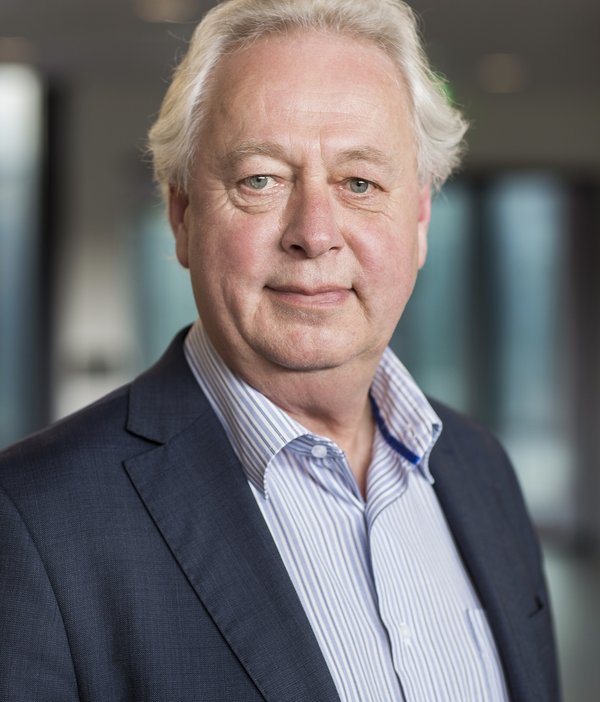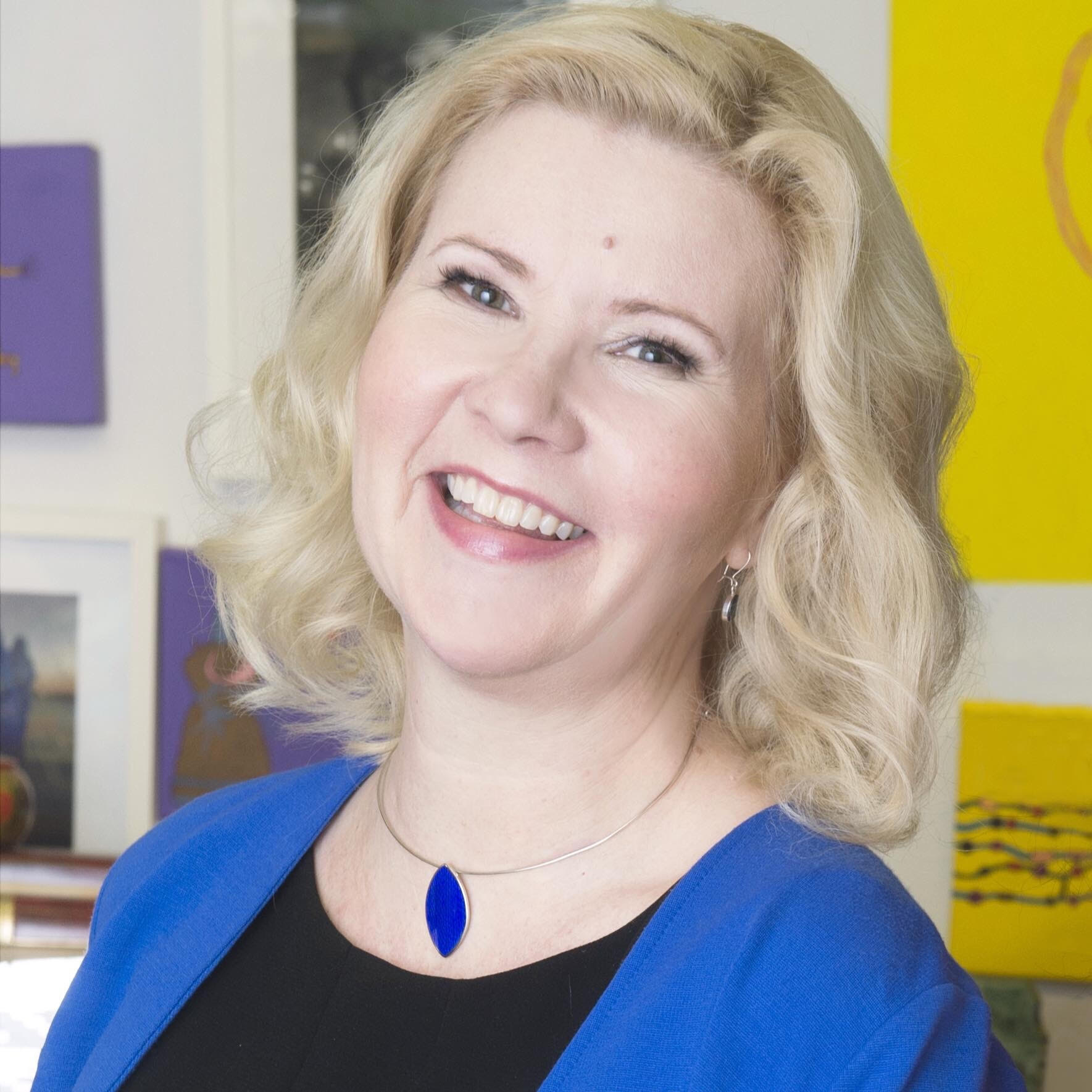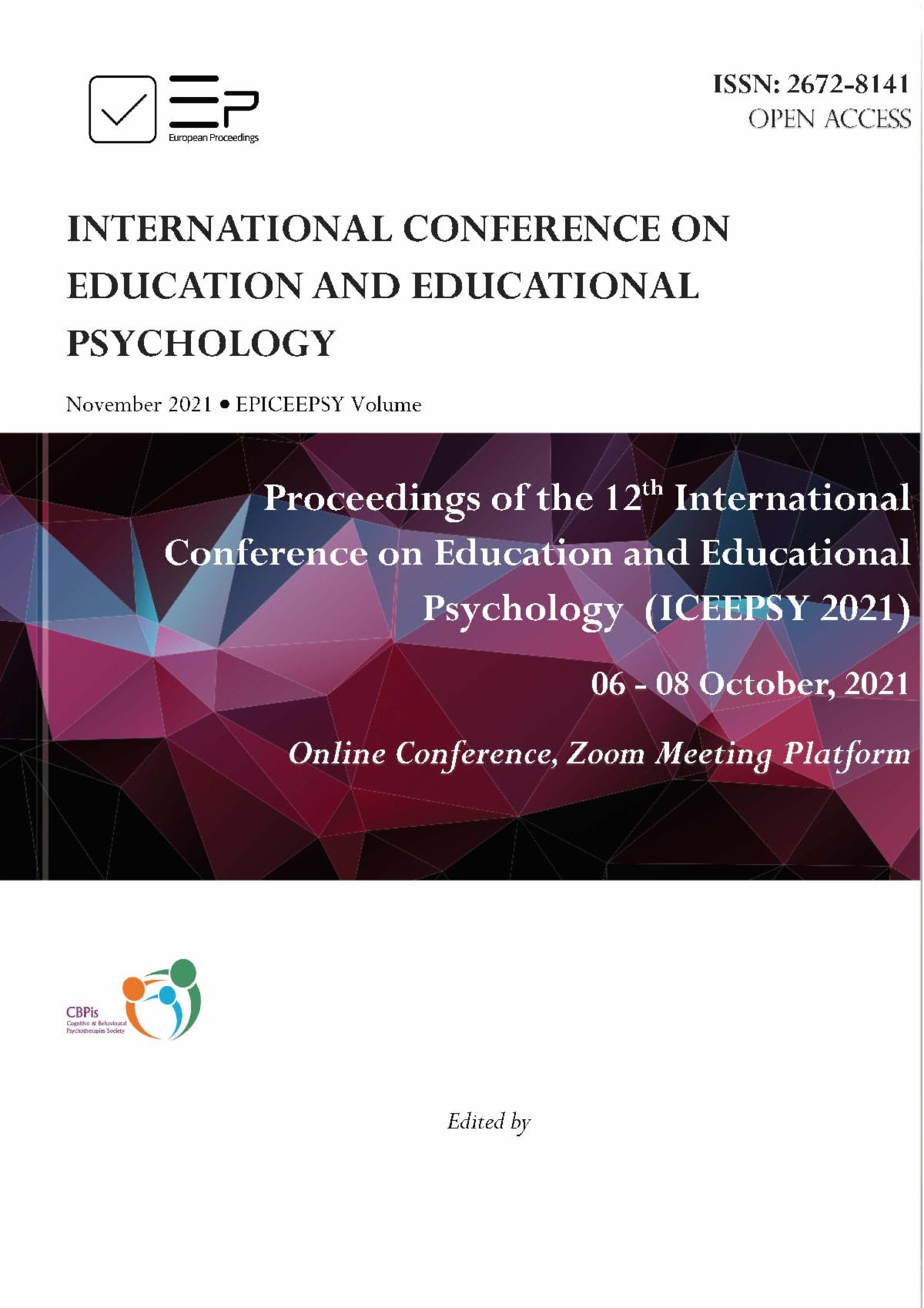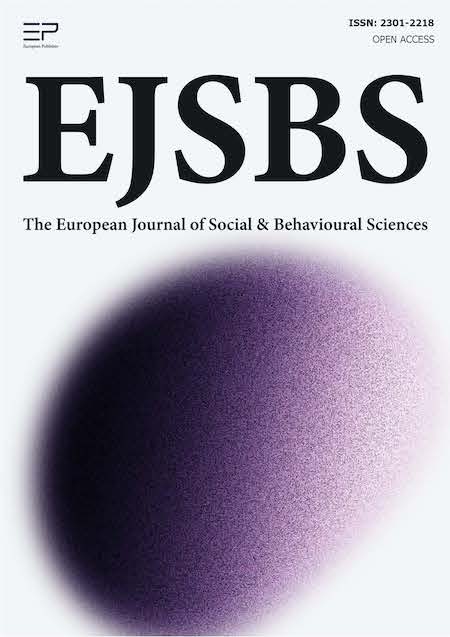ICEEPSY 2023
ICEEPSY 2023
|
|||
|
You are invited to attend ICEEPSY 2023, the 14th International Conference on Education & Educational Psychology. Students, teachers, researchers, practitioners, and psychologists will meet in beautiful Barcelona, Spain during 17-19 October 2023. ICEEPSY 2023 will again feature informative workshops and presentations by skilled educational and educational psychology researchers and international scholars. The conference is inviting especially those who are interested in researching Educational Ecosystems for Equity and Quality of Learning, Evaluation, Arts Education and Special Education, especially Positive Pedagogy. To date, more than almost 6.600 participants from more than 91 countries have attended an ICEEPSY conference. The Academics Institute Scientific Committee and Board of Reviewers are already working hard to ensure the continued high-quality of this event. ICEEPSY 2023 will publish all accepted full-text papers in European Proceedings of International Conference on Education and Educational Psychology EpICEEPSY. Previously Published ICEEPSY EpSBS Conference Proceedings Volumes either have been indexed or accepted or submitted in Web of Science Core Collection™ Conference Proceedings Citation Index - Social Sciences & Humanities (CPCI-SSH) and abstracts will be published in the Abstract Book ICEEPSY (ISSN: 1986-3020), a serial publication registered with the International Centre for the Registration of Serial publications in Paris. Selected papers will be published in the peer-reviewed The European Journal of Social and Behavioural Sciences. Papers will focus on the following topics: assessment and evaluation, teacher education, basic education, basic skills, counselling psychology, adolescent growth and development, educational psychology, continuing education, higher education, quality assurance/institutional effectiveness, learning theories, effective teaching practices, second language teaching, new approaches in psychology, special education, education and technology, information and communications technology, and distance learning. |
|||
|
|
|||
|
|
Jan Vermunt |
|
Kirsti Lonka |
Invited Speakers |
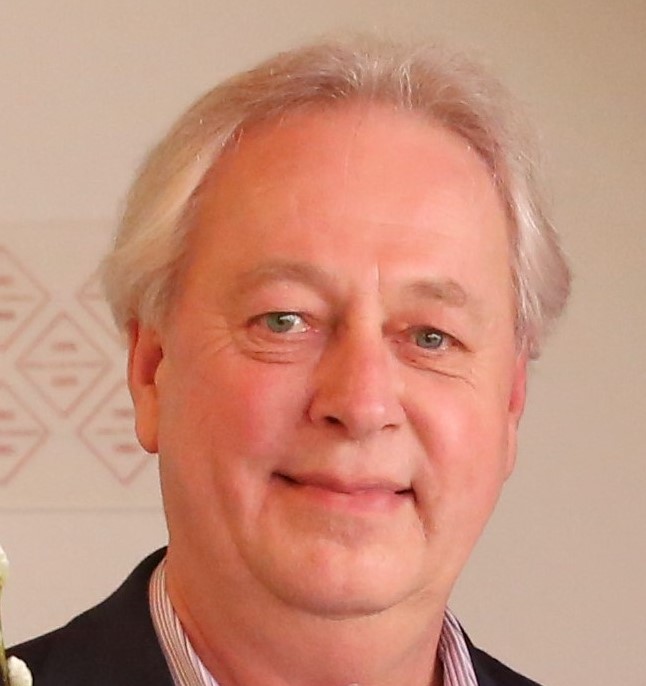 |
|
| Jan Vermunt, Professor Eindhoven University of Technology, The Netherlands |
| Since December 2018 Jan Vermunt is a Professor of Learning Sciences and Educational Innovation at Eindhoven University of Technology, The Netherlands. He is also Scientific Director of the School of Education. The study of human learning has always fascinated him. In 1992 Jan received his doctoral degree from Tilburg University with a thesis on student learning in higher education. He moved to Leiden University in 1995, where he worked for six years, during two periods, as an associate professor at ICLON – Graduate School of Teaching. From 1999 to 2002 he was a Professor of Educational Development and Research at Maastricht University, at the Faculty of Health Sciences. He was a visiting professor of Educational Innovation in higher education, University of Hasselt, Belgium, from 2002 to 2003. From 2004 to 2012 he served as professor of Teaching and Teacher Education at Utrecht University. In 2012 Jan was elected Professor of Education at the University of Cambridge. In his Cambridge years he was also Deputy Head, Director of Research, and Director of Teaching and Learning of the Faculty of Education, Academic Group Head, and Fellow of Wolfson College. From 2014 to 2018 he served as Editor-in-Chief of Learning and Instruction, one of the leading journals in the world in the field of Educational Research. In 2016 the University of Antwerp awarded him an honorary doctorate in Educational Sciences for his entire scientific work. |
| About Keynote Speech |
| In many schools and universities new approaches to teaching and learning are being introduced. They aim to educate students to think independently, critically, and deep about societal problems and to keep learning and developing during their professional lives. They intent to enable graduates to work independently and collaboratively with others, contribute to understanding and solving complex problems, and communicate with professionals from other disciplines and with practitioners. Problem-based learning, project-based learning, personalized learning pathways, flipped classrooms, phenomenal learning and challenge-based learning are just a few educational innovations that have been adopted to help students to attain these aims through better learning: more active, deep, self-regulated, intrinsically motivated, collaborative, interdisciplinary, meaning-oriented and application-oriented learning. Innovations like these require very different teacher roles than many are used to, such as tutor, skills assessor, problem designer, digital teacher, and coach of students’ learning, problem solving and collaboration processes. Often teachers are struggling with these new roles. In this keynote I will focus on how teachers learn to keep up with the challenges of 21st century teaching and learning. What approaches to teacher learning are more beneficial than others? What personal and contextual factors influence patterns in teachers’ learning? What approaches to teacher professional development are most powerful to bring about productive teacher learning? I will use exiting new research in these areas of the learning sciences to try to achieve a better understanding of teacher professional learning in the context of innovations in education. |
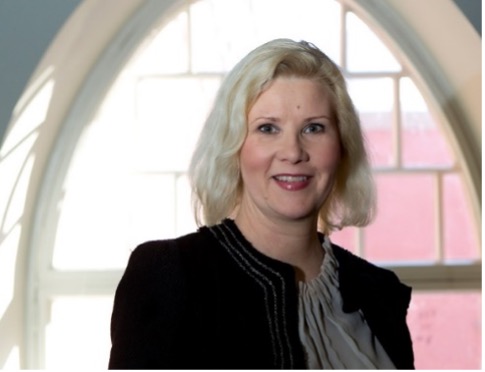 |
|
| Kirsti Lonka, Professor University of Helsinki, Finland |
| Kirsti Lonka, PhD is Professor of Educational Psychology, Faculty of Educational Sciences, University of Helsinki (UH), Finland, 2005-, and Extraordinary Professor, @Optentia Research Focus Area, NWU, South Africa, 2016-2025. She is a founding member and first Chair of Teachers’ Academy, UH and received other prizes in teaching. Kirsti Lonka carried out her PhD studies at UH as well as at OISE, University of Toronto, Canada and graduated PhD in Psychology, UH, 1997. Research interests: student learning, motivation, emotion, digital learning and educational innovations. Previously: Professor of Medical Education in Karolinska Insitutet, Sweden and J.H. Bijtel Honorary Chair, University of Groningen, Netherlands. Professor Lonka is popular keynote speaker around the world. More than 150 peer-reviewed publications. Popular books, e.g., Lonka, K. (2018). Phenomenal Learning from Finland. Edita was translated in many languages. |
| About Keynote Speech |
| This keynote gives a fresh look at the heritage of educational psychology and introduces some latest advances in the field: the accumulation of research demonstrates how motivation, emotions, social interaction and learning intertwine in the process of education. Students’ self-efficacy, engagement and motivation are the key issues that determine the learning outcomes. Educational psychology does not say how teachers are supposed to teach, but it informs about why some approaches to teaching and learning are more efficient that the others. Many people think that research-based teaching refers only to the contents of learning that base on reliable research. This is true, of course, but even more, research-based teaching is about the processes of learning. What is the nature of knowledge; how do we learn (or come to know something)? Even more, how can we create something new together? When we design new approaches to teaching and learning in the digital era, we need to understand some fundamentals about the cultural psychology as well. Technology increasingly mediates learning. Technology does not change anything, however, if we are not constantly developing new approaches to teaching and learning, based on deep understanding of how students learn and what motivates them. Our latest research is very much questioning many assumptions about digitalization and learning that are common among laypeople. Teacher learning is essential here: teachers need to rise above the laypeople thinkin. I shall present five fundamental findings that challenge our beliefs about the nature of learning in the digital era. |
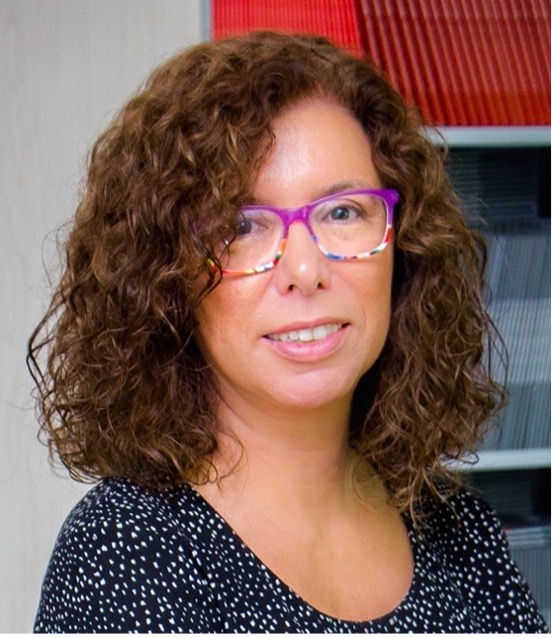 |
|
| Montserrat Castelló, Professor Universitat Ramon Llull, Barcelona, Spain |
| Montserrat Castelló is full professor in educational psychology at Universitat Ramon Llull in Barcelona, Spain, where she has been vice-dean of research and doctoral studies at the Graduate School of Psychology and Educational Sciences. Since 2015, she is also Director of the Research Institute on Psychology, Learning and Development (Re-Psy) at Universitat Ramon Llull and the head of the interuniversity doctoral program Culture, Education and Semiotic Systems, awarded with the Quality Mention by the Spanish minister of education. She has been elected member of the executive committee of the European Association of Research on Learning and Instruction (EARLI) (2013-2015), and of the executive committee of the European Federation of Psychology Teachers Associations (EFPTA) (2003 – Act.). She founded the EARLI Special Interest Group on Researcher Education and Careers (SIG-REaC) in 2013, organised the first conference held in Barcelona in 2014 and has been its co-convenor until last year, 2022. Her research activity and publications focus on early career researcher writing and identity development and she had offered many keynotes, workshops and seminars and published more than 250 scientific contributions on these topics. |
| About Keynote Speech |
| To what extent should universities educate their students as future researchers, and how this education relates to their development as writers? When, how and why to encourage and facilitate students’ research writing? Through this keynote, I will discuss these issues looking at the contradictions underlying the intersection between academic, research and professional writing and reflect on some answers and their associated consequences, according to recent empirical evidence. I will first address the situation of research-related writing genres in Higher Education. Then, I will focus on the challenges that both students and future researchers, as well as their teachers and supervisors, face when they deal with these genres. Finally, I will discuss some pedagogical proposals that proved valuable to help students to develop their researcher voice and sense of authorship, as well as to dialogue with other voices of their disciplinary, cultural or social communities. |
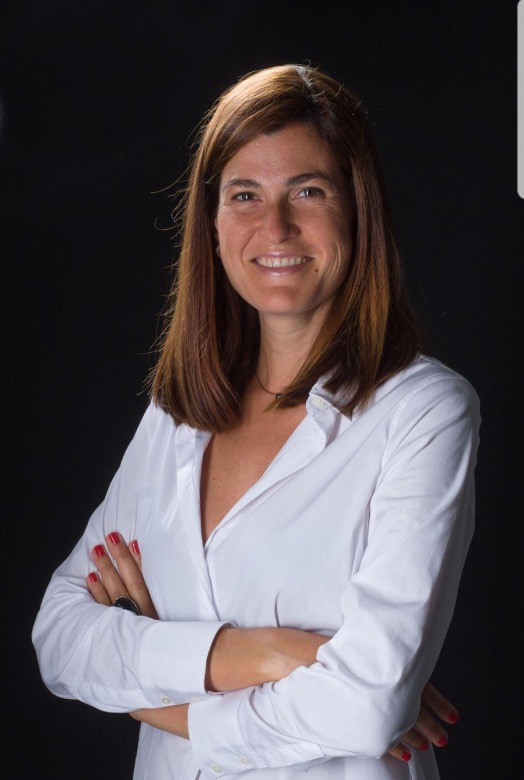 |
|
| Teresa Guasch, Associate Professor UOC Open University of Catalonia - Barcelona, Spain |
| Teresa Guasch is the Dean of Psychology and Education Faculty at the Open University of Catalonia- UOC (January 2014). She was director of the Educational Psychology Programme (2006-2011) and Associate professor in the Doctoral Programme on e-learning and the Master of Secondary School Teacher Training. She holds a PhD in Psychology, from Ramon Llull University (2003), with European PhD accreditation. While a PhD candidate, she conducted part of her research at the University of Nebraska, the University of Kentucky, and the University of Helsinki. She was a lecturer at Ramon Llull University (2000-2001) and the International University of Catalunya (2001-2003). She was Visiting Fellow of the Centre for Learning Sciences and Technologies (CELSTEC) at the Open University of the Netherlands (February 2011-July 2012). Her research is focused on the process of teaching and learning in online learning environments, with a special focus on teacher training and educational scaffolds in writing processes in online education, such as feedback. She led and participated in different research projects contributing to a better understanding of teaching and learning processes in virtual learning environments. Currently, she leads the research project: Engaging students with feedback for learning in online environments, funded by the Spanish Ministry of Science, Innovation, and Universities. She co-coordinates the Feed2learn Research Group On the webpage you will find more information on her recent publications, presentations, and projects. |
| About Keynote Speech |
|
Research on feedback has evolved over the past few years, confirming the need for students to use the feedback they receive as a key element for learning. However, different studies show that despite the power of feedback, students do not use it. What are the main factors that influence students’ engagement with feedback, and specifically in online education? What are the main strategies, based on research evidence, can we promote to foster learning through feedback in online learning environments? What should be the role of the teacher and the student? Engagement is a complex and multidimensional concept, and the main studies agree to define it in three dimensions (emotional, behavioural, and cognitive engagement). This keynote will address the main challenges and strategies to engage students with feedback, from a techno-pedagogical design of learning activities to the factors (such as previous experience, and motivation) that contribute to students’ engagement in online education. |
Workshops |
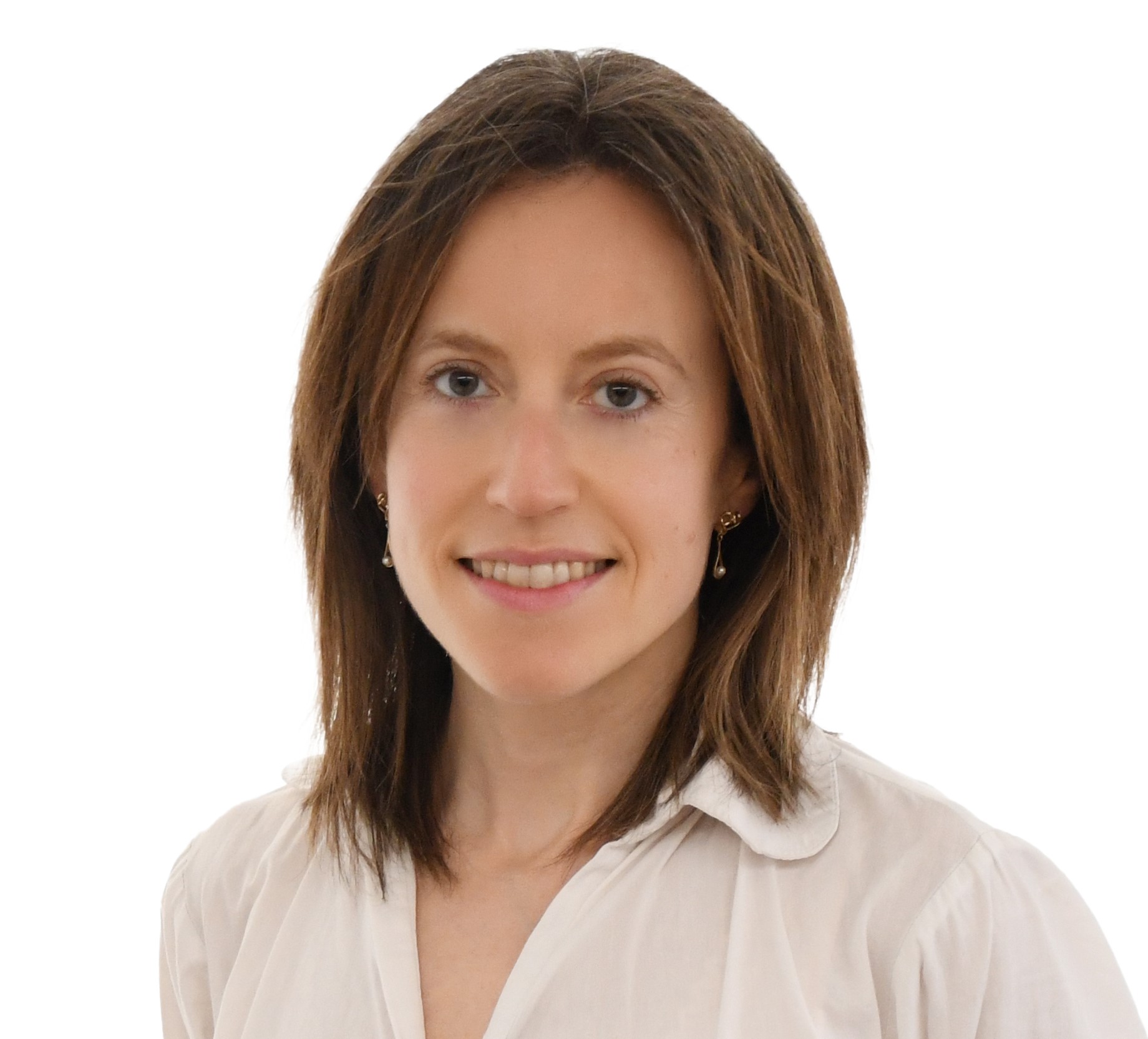 |
|
| Maria Cerrato Lara, PhD Universidad Internacional de la Rioja (UNIR), Spain |
Maria Cerrato Lara is a lecturer at Universidad Internacional de la Rioja (UNIR) and Universidad Isabel I (UI1). She also collaborates at Universitat Carlemany (UCMA) and Universitat Abat Oliba (UAO CEU). Maria is passionate about helping student teachers become better teachers. Since she did her PhD focused on Doctoral Education, she also loves helping PhD students in becoming better researchers. Therefore, she delivers workshops addressed to doctoral students and thesis directors. Some of the institutions where she has offered her services at PhD level are MIT, Harvard University, University of Oxford, Aalto University, etc. Currently she collaborates in Kenkolab, as she is very interested in helping schools and families in fostering healthy screen time. She also participates in the research project 2021INDOV00009 #ChallengingTikTok, at Universitat de Barcelona, where she analyses teenagers’ perceptions of the different forms of gender violence and the normalization of sexist behavior in social network. |
| About Workshop |
| Schools report experiencing difficulties when having to advise families about healthy screen time: "what shall we say/suggest as educators?" -they wonder. In this study we analysed three focus groups -addressed to heads, parents and teachers- in order to explore perceptions and beliefs about healthy screen time. With this purpose in mind, we also asked our subjects to answer a questionnaire. This mixed study allowed us not only to analyse how far/close were their statements from the paediatrics guidelines, but also how to bring them closer to our subjects. For this last matter, we organized a training for them adapted to their needs. In our workshop, we will present the tips (“solutions”) we shared with them in this training in order to foster healthy screen time for children aged 0-15. Our study was supported by Kenkolab (https://www.kenkolab.org/), which will be presented as well during the workshop. |
Conference at a Glance
DAY 1
Tuesday, October 17
10.00 - 13.00 Registration
The Conference Registration and Information Desk will be located in front of the Plaza 3 and will be open between 10.00 to 13.00. Registration is not available after October 17, 13.00. For those wishing to pay on the day, please note that we will be able to accept cash payment in EUR only, however, we cannot accept payment in foreign currencies. If you have any questions or concerns, Academics Institute team members will happily assist you.
13.00 - 19.00 Free Time
19.00 - 22.00 Welcome Cocktail
Come and enjoy a few glasses of beer, wine, or a choice of soft drinks if you prefer on Tuesday, October 17 from 19.00 to 22.00.
DAY 2
Wednesday, October 18
10.00 - 12.00 Workshop I (Plaza 1)
(PRE REGISTRATION IS REQUIRED)
How to Foster Healthy Screen Time: Solutions for Teachers and Families - Maria Cerrato Lara, PhD, Universidad Internacional de la Rioja (UNIR), Spain
(See page 22 in the detailed program for more information regarding the workshops)
12.00 - 13.00 Lunch
13.00 - 13.15 Opening Ceremony (Plaza 1)
Zafer Bekirogullari, ICEEPSY 2023 Founder of Event; Jan Vermunt, Co-Chair of ICEEPSY 2023, Keynote Speaker; Kristi Lonka, Co-Chair of ICEEPSY 2023, Keynote Speaker; Montserrat Castelló, Co-Chair of ICEEPSY 2023, Keynote Speaker; Teresa Guasch, Co-Chair of ICEEPSY 2023, Keynote Speaker
13.15 - 14.15 Keynote Speech (Plaza 1)
How Do Teachers Learn to Innovate Their Teaching? - Jan Vermunt, Professor, Eindhoven University of Technology, The Netherlands
(For more information, please see page 15 in the detailed program)
14.15 - 15.15 Keynote Speech (Plaza 1)
How Research on Emotion, Motivation and Learning Informs Educational Practices? Latest Research in Educational Psychology - Kirsti Lonka, Professor, University of Helsinki, Finland
(For more information, please see page 15 in the detailed program)
15.15 - 15.45 Coffee & Tea Break
15.45 - 16.45 Keynote Speech (Plaza 1)
Innovations in Educating (Future) Researchers to Develop as Writers - Montserrat Castelló, Professor, Universitat Ramon Llull, Barcelona, Spain
(For more information, please see page 15 in the detailed program)
DAY 3
Thursday, October 19
11.00 - 12.00 Keynote Speech (Plaza 1)
What Strategies Engage Students with Feedback to Promote Learning in Online Education? - Teresa Guasch, Professor, UOC Open University of Catalonia - Barcelona, Spain
(For more information, please see page 15 in the detailed program)
12.00 - 13.00 Lunch
13.00 - 15.00 Oral Presentation Session I (Plaza 1)
(See pages 24-29 in the detailed program for more information regarding the oral presentations.)
15.00 - 15.30 Coffee & Tea Break - Poster Presentation Session
(See pages 41-45 in the detailed program for more information regarding the poster presentations.)
15.30 - 17.10 Oral Presentation Session II (Plaza 1)
(See pages 30-34 in the detailed program for more information regarding the oral presentations.)
17.10 - 17.40 Coffee & Tea Break - Poster Presentation Session
(See pages 41-45 in the detailed program for more information regarding the poster presentations.)
17.40 - 19.40 Virtual Presentation Session (Plaza 1)
(See pages 35-40 in the detailed program for more information regarding the oral presentations.)
19.40 - 20.30 Free Time
20.30 - 00.00 Gala Dinner/Flamenco Show & Tapas
Please meet at the Hotel Catalonia Barcelona Plaza lobby at 19:00 for a prompt 19:30 departure (For more information see social program pages on 47-48 in the detailed program).
Detailed ICEEPSY 2023 Conference Program is available here.
ICEEPSY 2023 Publication Opportunities
|
||
|
Conference Proceedings |
|
Peer-Reviewed Journal |
|
If your abstract had been accepted, and you presented your work at the conference (including Virtual Presentations), you are encouraged to submit a full paper for inclusion in the EpICEEPSY. Once published, it will be submitted for evaluation and possible coverage in Web of Science Core Collection™ Conference Proceedings Citation Index - Social Sciences & Humanities (CPCI-SSH) and Google Scholar, and all issues are deposited in the CLOCKSS archive. The ICEEPSY2022 Conference Proceedings will be published online in a PDF and Epub format and will be available in digital format at the British Library Collection. EpICEEPSY is currently under WoS Core Collection indexing evaluation. |
|
The EJSBS selects and publishes research in the social and behavioural sciences. |
Publication
For further information about on submission and review process, please visit ICEEPSY2023 Abstract Submission Process.
The publisher follows Gold Open Access as publication model. Publication fee will be covered by the conference organizers. There will be no extra cost for authors for publication.
The ICEEPSY 2023 Proceedings will are available through “Gold Open Access” and bear Creative Commons License, CC BY-NC-ND license. In this model, the articles are immediately freely available online immediately and permanently for everyone to read, download and share. The copyright of the papers will remain with the authors.
Publication of the papers is predicated on the presentation (oral/virtual/poster) of the paper at the conference at the time slot stated in the conference itinerary.

